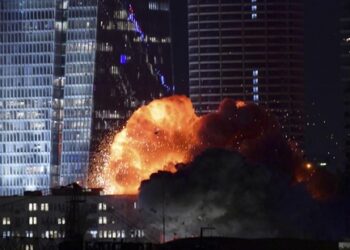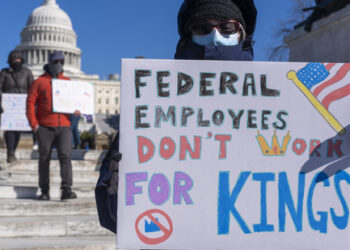In a dramatic escalation of hostilities, Iran launched a wave of missile and drone strikes on Israel in direct retaliation for Israeli airstrikes that targeted its military and nuclear infrastructure earlier in the week. The Israeli strikes, carried out under “Operation Rising Lion,” killed several top Iranian military officials, including Hossein Salami, commander of the Islamic Revolutionary Guard Corps (IRGC), and General Mohammad Bagheri, Chief of Staff of the Armed Forces.
As Iranian missiles and drones soared toward Israeli territory, air-raid sirens blared across northern Israel and the Israeli-annexed Golan Heights. Civilians were ordered to seek shelter, with authorities urging residents to stay close to protected areas.
Israel initially justified its preemptive strike, citing intelligence that suggested Iran’s nuclear program was nearing a critical “point of no return.” Israeli Prime Minister Benjamin Netanyahu defended the operation as necessary for national survival, stating, “This operation will continue for as many days as it takes to remove this threat to Israel.”
In response, Iran’s Supreme Leader Ayatollah Ali Khamenei vowed revenge, stating in a televised message, “Israel should not think it is over. They started this war and committed a great crime. We will act forcefully and ensure they pay the price.”
While Israel’s air force carried out targeted bombings, Iran deployed a mix of ballistic missiles and explosive-laden drones in its counterstrike, marking one of the most dangerous confrontations between the two regional powers in recent history.
The United States distanced itself from Israel’s initial actions. U.S. Secretary of State Marco Rubio clarified that the strike on Iran was a “unilateral Israeli operation,” asserting that Washington’s primary focus was on protecting American forces in the region. Nonetheless, reports indicate U.S. forces helped intercept incoming Iranian drones.
Both Israel and Iran have closed their airspace following the mutual strikes, heightening fears of further military escalation.
International reactions have been swift, with global leaders urging calm. UN Secretary-General António Guterres called on both nations to “exercise maximum restraint,” while China and France expressed deep concern, urging all parties to prevent further destabilization of the Middle East.
In a stern warning on Saturday, Iran threatened to target U.S., UK, and French military bases and naval ships if they attempt to assist Israel in obstructing Iranian strikes.
As tensions continue to mount, the prospect of a broader regional conflict looms large, with diplomacy hanging by a thread amid rising fears of a full-scale war.


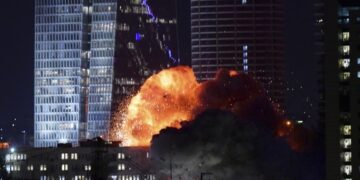

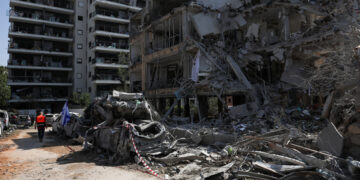
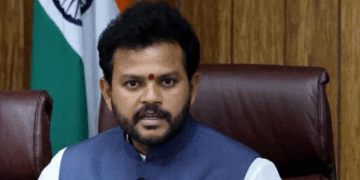


 India
India


